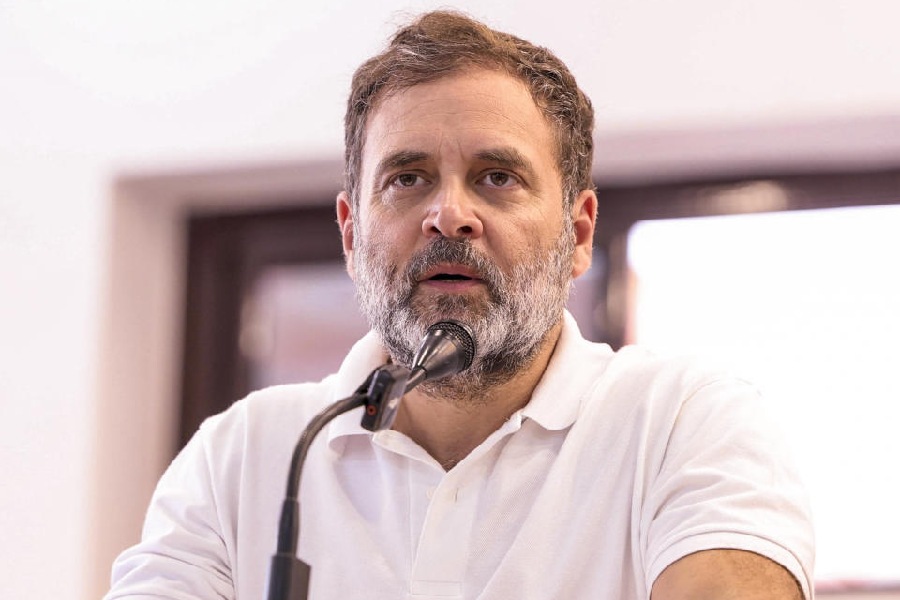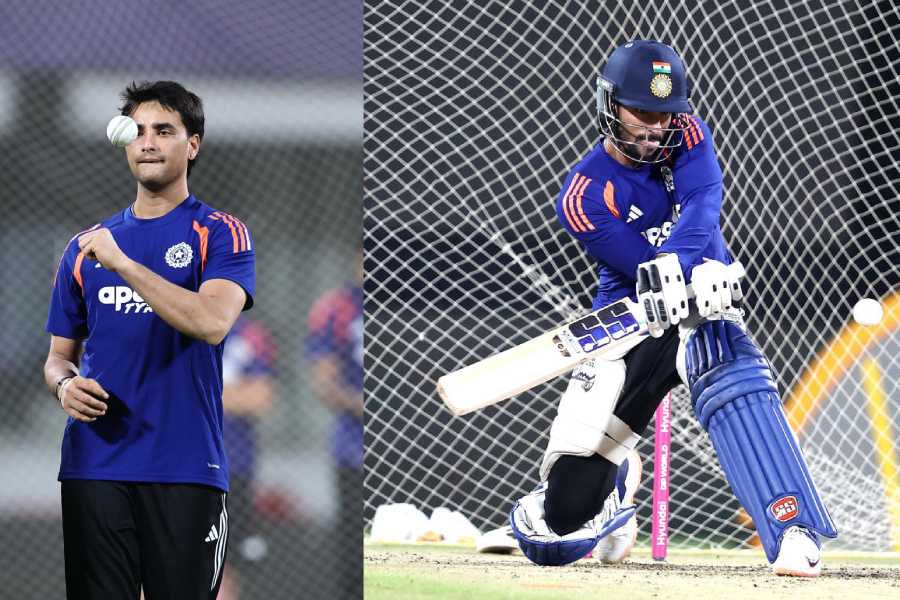 |
| Arthur C. Clarke. |
A tribute to Arthur C. Clarke, the visionary science fiction writer who won worldwide acclaim with more than 100 books on space, science and the future. Clarke, 90, died on Wednesday in Colombo.
Arthur C. Clarke is dead. And he’s taken a whole era with him. They’ve already named a dinosaur and an asteroid after him; they’ve already given him innumerable awards and honours, and sung his praises to the stars.
He was a man of galaxies and oceans, a pulp fiction enthusiast, an avid scuba diver, a hard science fiction writer obsessed with technology but also known for his interest in the bizarre and paranormal. Literature has just lost a giant; his legend, however, will live on.
Arthur C. Clarke is a name I associate with a more innocent (also: backward) time, an age when the world was not just a mouse-click away, a pre-Wikipedia age where information was restricted and precious, and everything outside your own small circle, your city, your country was full of mystery and excitement, a time when it was easier to believe and wonder. A time when earnest, eager, awkward schoolboys in Calcutta and all over the world would pore over Clarke’s works in school libraries and imagine themselves lost in space and time. They’d grow up to become engineers, scientists, mathematicians, even inventors.
Perhaps the sense of wonder Clarke bred in them stayed with them; perhaps it was lost in a sea of information and experience. But for all of us who grew up in the 80s, watching the world outside transform from a planet of boundless mystery to a finite space that could be captured on video and uploaded on YouTube, Clarke, with other colossi like Isaac Asimov (who died in 1992) and Ray Douglas Bradbury (thankfully still alive, and pushing a healthy 88), taught us that the modern world, like the world of the future it could become, was still full of magic.
India came to popular science fiction fairly late. Our greatest fantasists wrote epics and sagas full of futuristic dreams that we still fondly believe are true, but all that was centuries ago. We had no popular pulp magazines or comics; as children, you could read abridged versions of H.G. Wells and Jules Verne in those wonderful little Moby Books (Rs 10, they should be collectors items now).
But when you entered your teens, your dreams became more complex, and you didn’t have Dish TV shoving Harry Potter down your throat.
Back then, the writers who fired your imagination and lit up your daydreams, put you in spaceships and dropped you off on strange, unknown planets were Asimov and Clarke.
If we ever develop a strong home-grown science fiction tradition in India, Clarke will be one of the people responsible.
His influence extends far beyond fiction, of course; he’ll be remembered for his work in telecommunications and his theories on space travel, but to me the most important thing Clarke has given the world is his Second Law: the only way of discovering the limits of the possible is to venture a little way past them into the impossible.
lCalcutta-born Samit Basu is a science fiction and fantasy writer. Basu’s The Simoqin Prophecies was published in 2004 when he was 23, making him the youngest science fiction author in India to find a mainstream publisher










